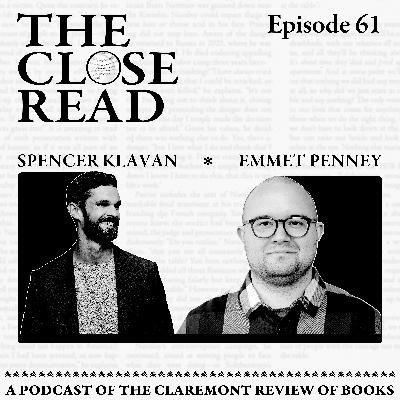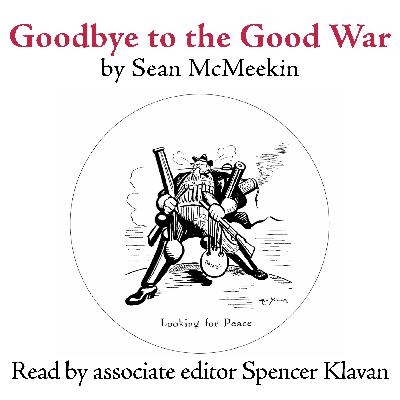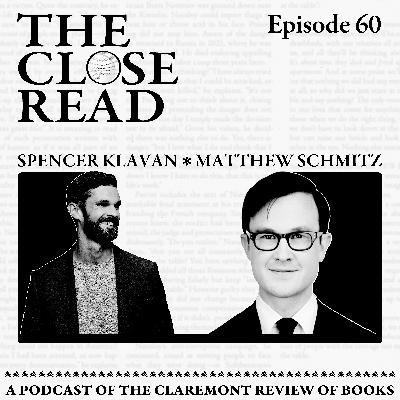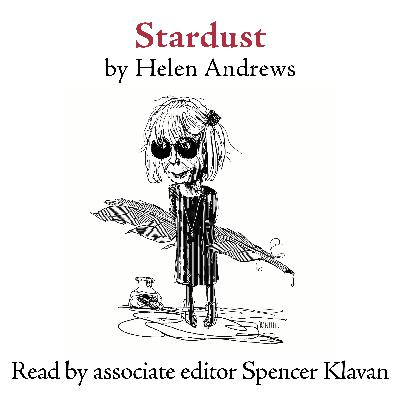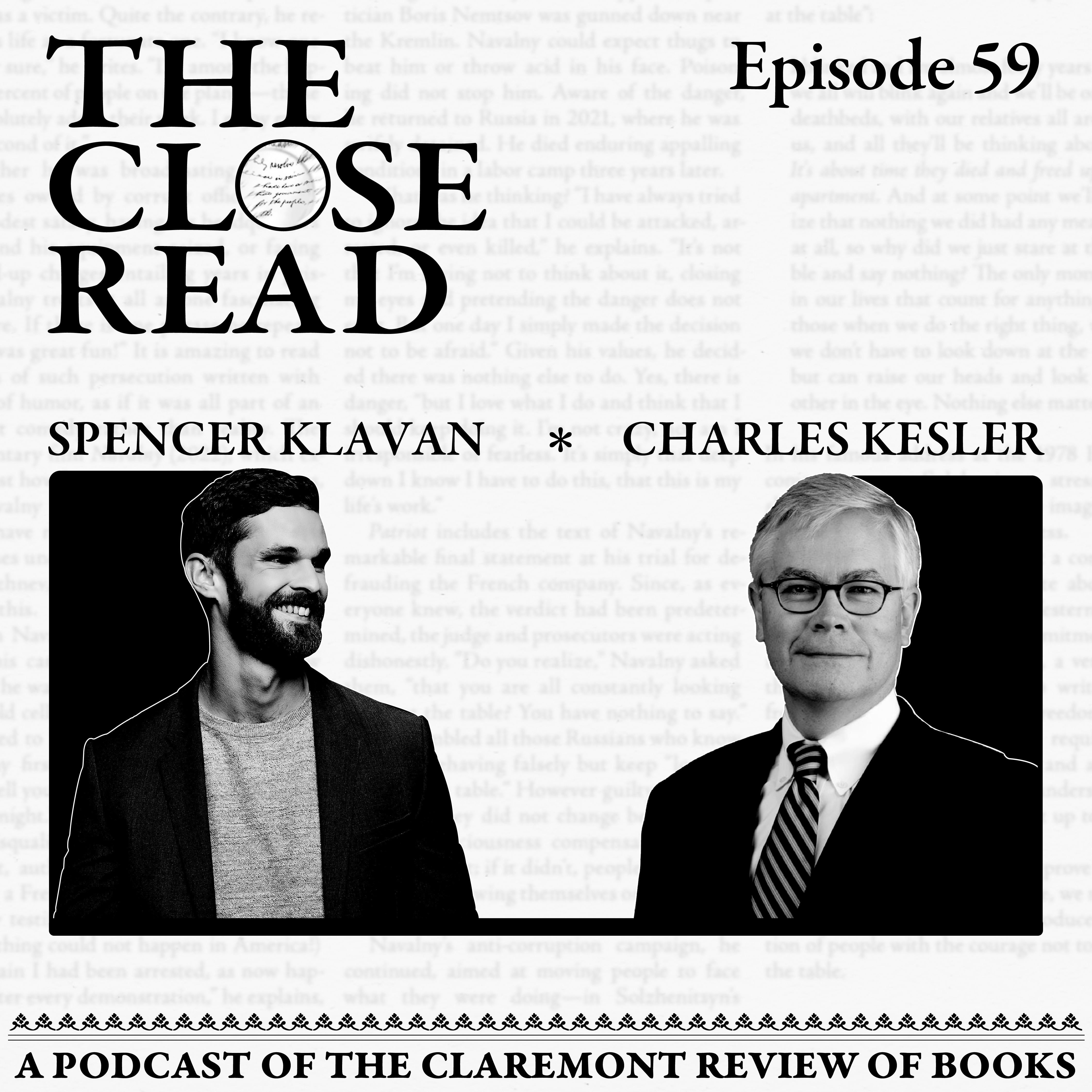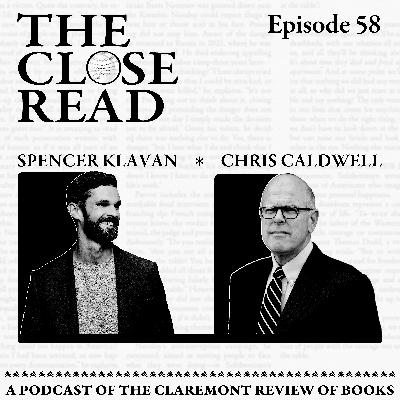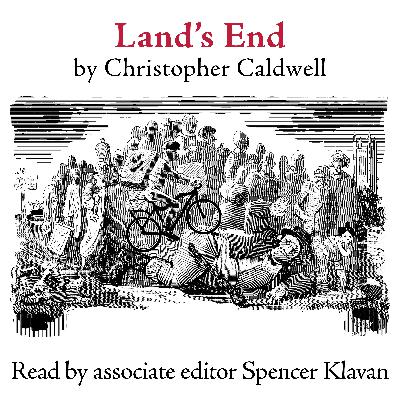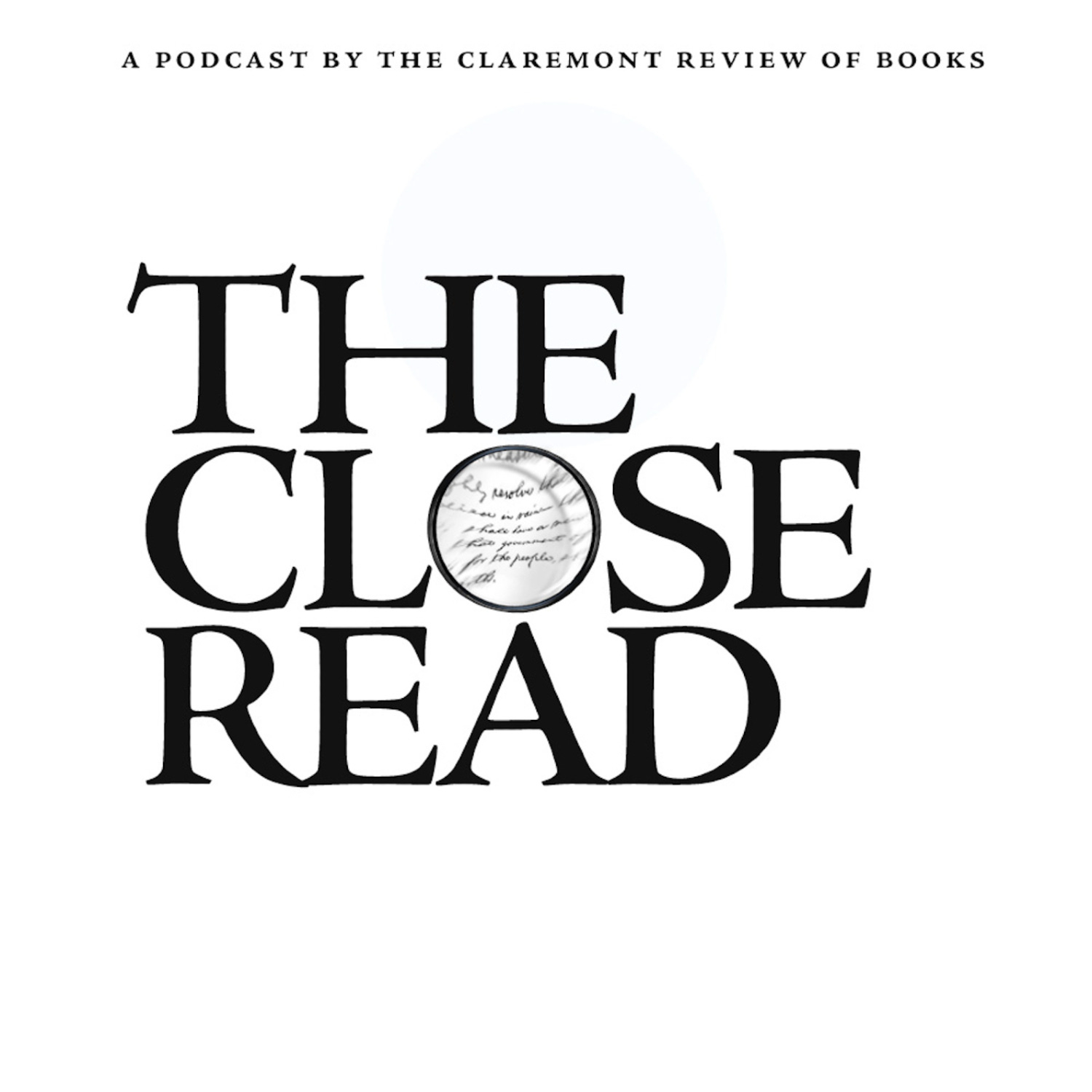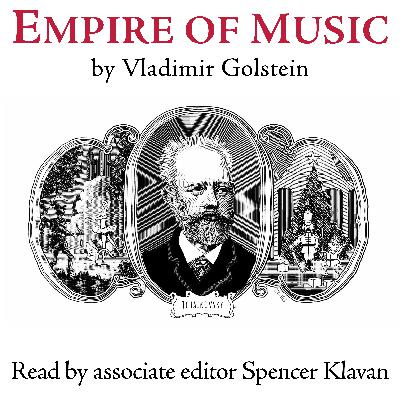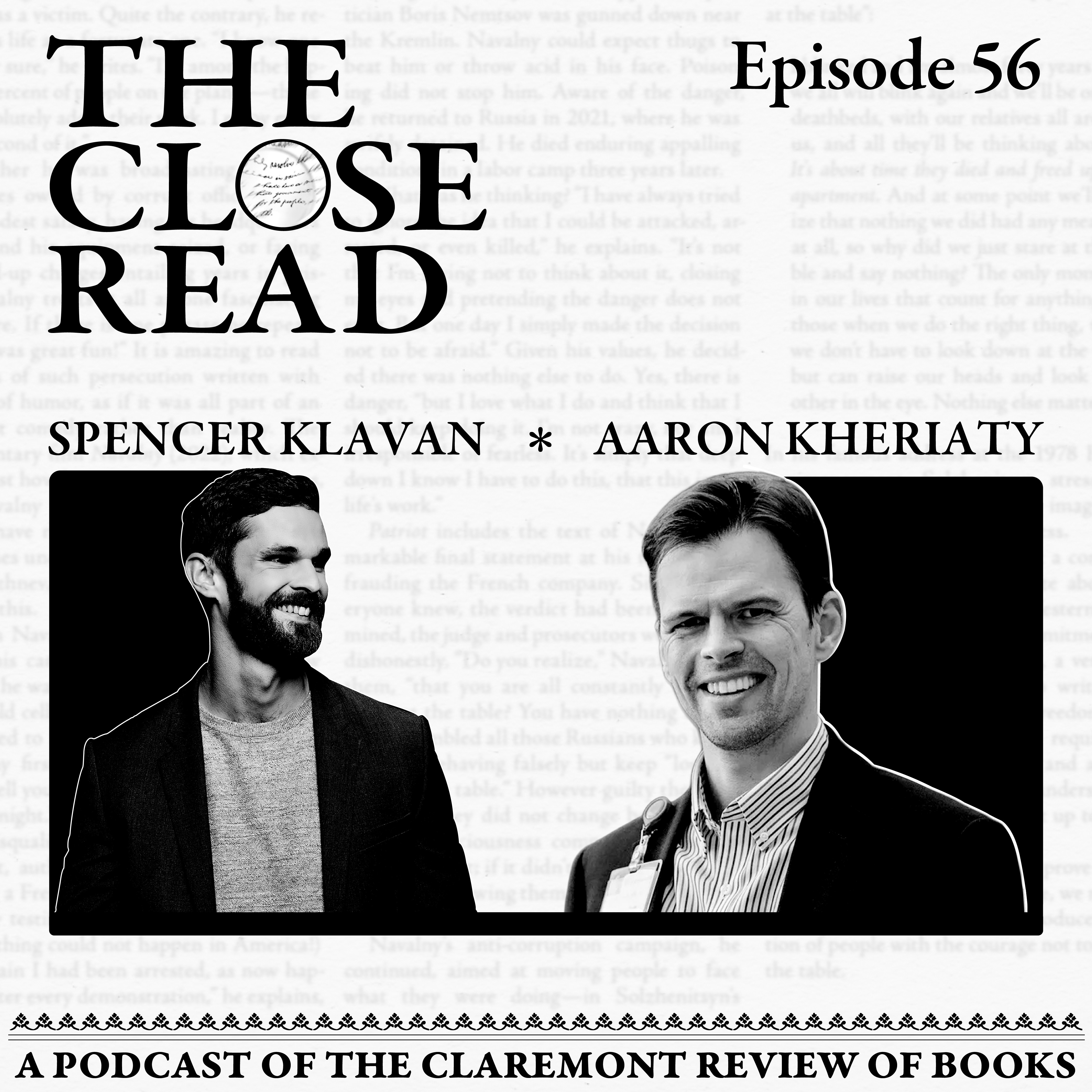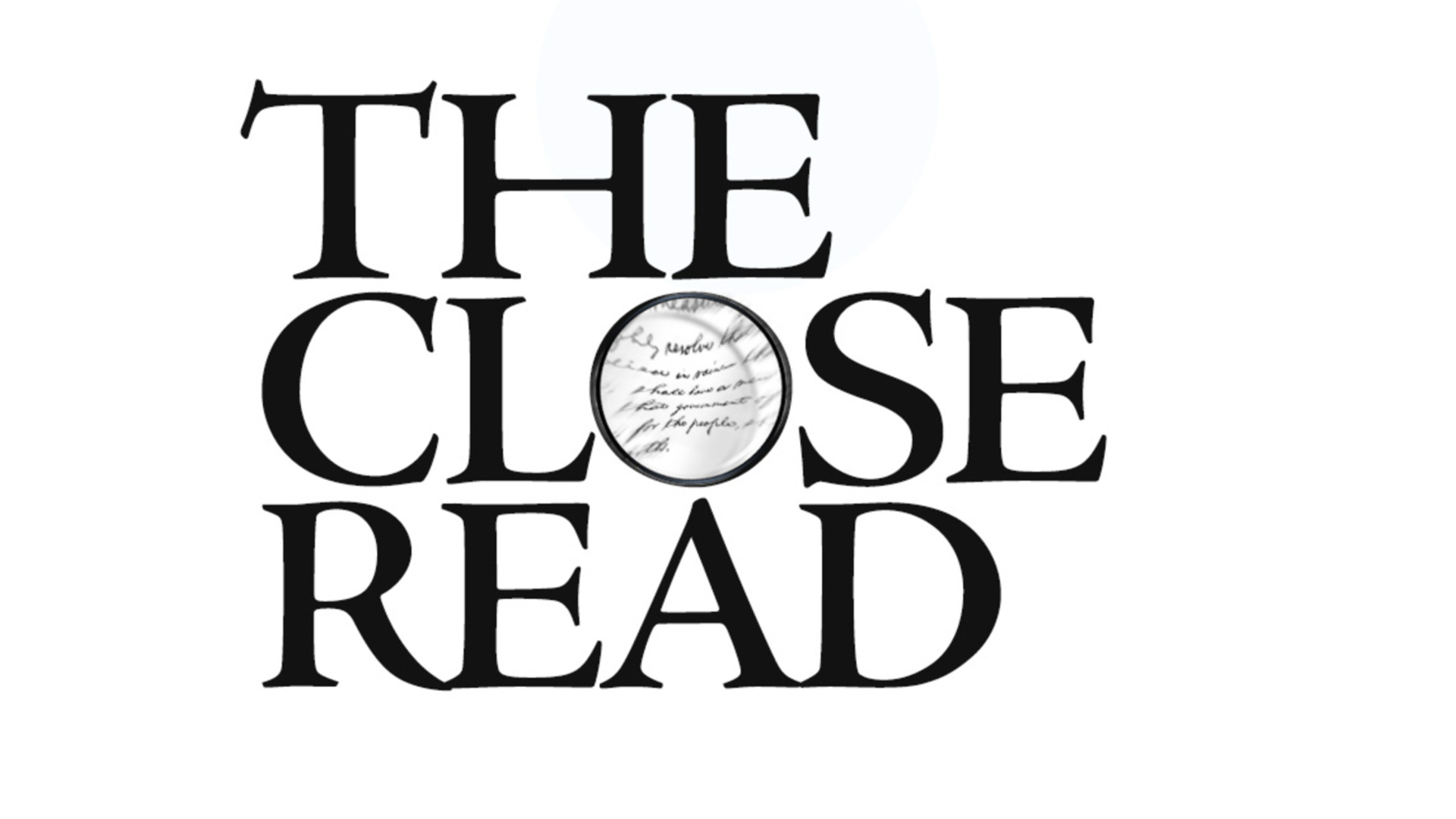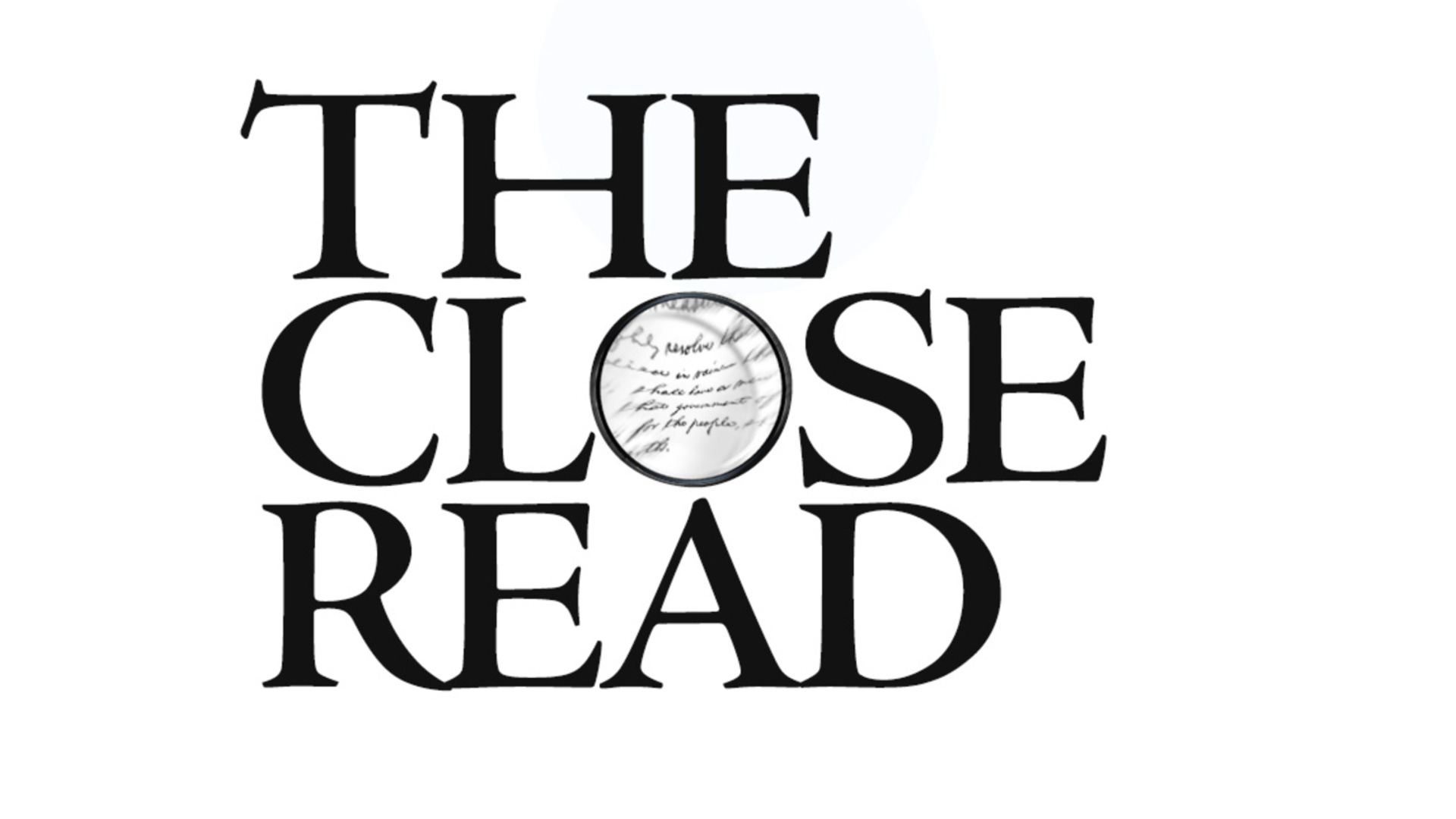Discover The Close Read Podcast
The Close Read Podcast

The Close Read Podcast
Author: The Claremont Institute
Subscribed: 173Played: 3,118Subscribe
Share
© The Claremont Institute
Description
Associate editor Spencer Klavan phones up authors whose CRB essays have prompted deeper reflection and discussion. Over a drink, he'll chat with the leading minds on the Right about what's going on in politics and literary culture.
claremontinstitute.substack.com
claremontinstitute.substack.com
69 Episodes
Reverse
A pioneer of computing technology, Nvidia produces the chief component powering the AI revolution: the microchip. Having scaled the once-niche gaming hardware firm into an industry titan, founder and CEO Jensen Huang must now navigate global trade and politics. Associate editor Spencer Klavan is joined by Emmet Penney, senior fellow of the Foundation for American Innovation and contributing editor of Compact magazine, to explain this pivotal technology for the uninitiated and discuss growing concerns that a thin U.S. power grid could give China an opportunity to surge far ahead in the digital arms race. Plus: The Close Read is now on video! Get full access to Claremont Digital Plus at claremontinstitute.substack.com/subscribe
Associate Editor Spencer Klavan reads “Goodbye to the Good War,” Sean McMeekin’s essay on reality, myth, and World War II, featured in the summer 2025 issue. Get full access to Claremont Digital Plus at claremontinstitute.substack.com/subscribe
Until quite recently, the “New Atheism” held sway over the minds of many elites. But the secular, scientistic worldview that was once so in vogue proved radically insufficient to meet the challenges of the post-9/11 world. Now, a New Theism is gaining traction among many of the thinkers who once professed a confident unbelief. Associate Editor Spencer Klavan sits down with Matthew Schmitz, editor of Compact magazine, to discuss the profound ethical and political implications of this new theological outlook. Get full access to Claremont Digital Plus at claremontinstitute.substack.com/subscribe
Associate Editor Spencer Klavan reads “Stardust,” Helen Andrews’s review of We Tell Ourselves Stories, featured in the summer 2025 issue. Get full access to Claremont Digital Plus at claremontinstitute.substack.com/subscribe
Editor Charles Kesler sits down with Associate Editor Spencer Klavan to discuss the recent summer issue. Highlighted are Christopher Caldwell’s cover essay on UK immigration and Charles’ own piece on the Joe Rogan of the UK, Jeremy Clarkson. His show, Clarkson’s Farm, is a love letter to the English everyman in a moment when Britain is labouring (pun intended) under the burdens of bad government. Also in the issue, Sean McMeekin questions the merits of World War II as an analogue for the present moment, Matthew Schmitz tracks the revitalization of Christianity after the era of New Atheism, and Emmett Penney charts the meteoric rise of microchip maker Nvidia. Plus much more.Claremont Review of Books 25th Anniversary Gala Invite Get full access to Claremont Digital Plus at claremontinstitute.substack.com/subscribe
The UK government of Boris Johnson, reckoning immigration as a pure economic gain, swung the door open to newcomers. Now 7 percent of the British population has been almost unilaterally imported en masse. Anger is swelling in response to “rape gangs” and other assaults on locals, and a new, populist right is materializing, with Nigel Farage leading the “fightback” against closed minds and open borders. Associate editor Spencer Klavan sits down with contributing editor Christopher Caldwell to discuss the UK immigration crisis and the future of the British Right.Discussion of “Land’s End.” Get full access to Claremont Digital Plus at claremontinstitute.substack.com/subscribe
Associate Editor Spencer Klavan reads his latest piece in the CRB, “A Complete Unknown,” on Horace. Get full access to Claremont Digital Plus at claremontinstitute.substack.com/subscribe
Associate Editor Spencer Klavan reads “Land’s End,” Christopher Caldwell’s cover essay on how mass migration has radicalized the United Kingdom, featured in the spring 2025 issue. Get full access to Claremont Digital Plus at claremontinstitute.substack.com/subscribe
The European Union’s crusade to eliminate so-called “harmful speech” has breached America’s digital boundaries. The Digital Services Act effectively gives EU bureaucrats the ability to curb Americans’ constitutional rights, doing away with free speech in today’s online public square. In this Close Read bonus episode, associate editor Spencer Klavan is joined by former professor of political philosophy and journalist of European affairs John Rosenthal to discuss how the US might counter-regulate and incentivize tech firms to stand against overseas censorship. Get full access to Claremont Digital Plus at claremontinstitute.substack.com/subscribe
Associate Editor Spencer Klavan reads “Empire of Music,” Vladimir Golstein’s review of Tchaikovsky's Empire: A New Life of Russia's Greatest Composer, featured in the spring 2025 issue. Get full access to Claremont Digital Plus at claremontinstitute.substack.com/subscribe
Few could have predicted it at the time, but the massive surveillance apparatus designed in the wake of 9/11 to fight terrorism has been turned against Americans in the wake of COVID. The biomedical security state's militarized pandemic response has accustomed Americans to being watched, shepherded, and degraded. Like terrorism, germs are a potentially ubiquitous and invisible enemy, justifying a permanent state of emergency involving levels of population management and control that Americans would never otherwise accept. Ethics and Public Policy Center fellow Aaron Kheriaty joins Spencer Klavan to discuss unchecked emergency powers, technologies, and tactics to attack our privacy and constitutional rights. Get full access to Claremont Digital Plus at claremontinstitute.substack.com/subscribe
Associate Editor Spencer Klavan reads “Make Speech Free Again,” John Rosenthal’s essay on how the U.S. can defeat E.U. censorship, featured in the spring 2025 issue. Get full access to Claremont Digital Plus at claremontinstitute.substack.com/subscribe
Mark Twain’s life and work are representative of what it means to be an exceptional American. His writing is earthy, funny, and direct, but also profoundly serious about morality and politics. Contributing editor and repeat guest Christopher Flannery sits down with host Spencer Klavan to discuss this giant of American letters, whose life and legend are as grand as his own stories. Get full access to Claremont Digital Plus at claremontinstitute.substack.com/subscribe
Associate Editor Spencer Klavan reads “They Forgot to Sing,” Anthony Esolen’s review of Poetry as Enchantment, by Dana Gioia, featured in the spring 2025 issue. Get full access to Claremont Digital Plus at claremontinstitute.substack.com/subscribe
Editor Charles Kesler and Associate Editor Spencer Klavan discuss the newly released spring issue. Kesler’s cover piece, reviewing a biography of William F. Buckley, Jr., gives insight into the life and profound impact of Buckley’s career; the virtues he emanated; and the long-awaited biography by Sam Tanenhaus. William Voegeli chronicles progressives' troubled attempts to build their way out of a woke tailspin. Christopher Caldwell gives a sobering analysis of Trump’s tariffs. And Daniel Mahoney provides a fresh survey of Winston Churchill’s early life and writings, alongside similar treatments of Mark Twain by Christopher Flannery, and Vladimir Golstein on Tchaikovsky. Plus: an invitation to join the CRB crew for a 25th birthday party! Get full access to Claremont Digital Plus at claremontinstitute.substack.com/subscribe
Alexandria: a sprawling metropolis, once the cultural capital of the Western world. It was ruled by the Ptolemies, whose queens—the Cleopatras—produced the unforgettable queen we know from Shakespeare and Plutarch. Yet their history was eclipsed by that of the Roman Empire and has lost much of its glamor in the public imagination. Spencer sits down with Hoover Institution senior fellow Barry Strauss to dust off the fascinating stories of these Macedonian queens of Egypt. Extravagant, cunning, and powerful, with a flair for the dramatic, they embedded themselves into native Egyptian cultural and religious tradition, played politics as bloodsport, and left the world stage as they first entered—with a bang. Get full access to Claremont Digital Plus at claremontinstitute.substack.com/subscribe
On the heels of a dramatic Trump victory in the 2024 election, Democrats scramble to get their bearings. Spencer is joined by senior editor William Voegeli to conduct a wellness check on the blue and battered Left, discussing both Voegeli’s recent cover essay and the eventful months of Trump 2.0 that have unfolded since it was published. Democrats remain uncomfortably yoked to their progressive wing; meanwhile, Trump spends political capital to accomplish any and every goal he’s ever harbored in his heart of hearts—ignoring shots fired from opponents. What will the parties look like once he’s done? Get full access to Claremont Digital Plus at claremontinstitute.substack.com/subscribe
Editor Charles Kesler and Associate Editor Spencer Klavan discuss the winter issue, hot off the press. William Voegeli’s cover essay delivers a bleak prognosis for a Democratic party unable or unwilling to cut loose woke deadweights. Kesler observes the terror struck in the heart of the administrative state by Elon Musk’s DOGE. Christopher Caldwell and Andrew Busch offer insightful analyses of populism’s rise and pitfalls in France and at home, while Daniel Mahoney and Gary Saul Morson explore Russia’s history of oppression and dissidence. Plus much more from the latest issue! Get full access to Claremont Digital Plus at claremontinstitute.substack.com/subscribe
Editor Charles Kesler and Associate Editor Spencer Klavan sit down to page through the newly released fall CRB and talk election results. Kesler’s essay discusses the possibility of a long-awaited Republican majority; William Voegeli tracks the humiliation of both Biden and the mainstream media; and Christopher Caldwell highlights the success of Trump’s arresting rhetoric in a post-rhetorical age. And much more! Plus: the online-exclusive “Christmas Review of Books” is out now. Get full access to Claremont Digital Plus at claremontinstitute.substack.com/subscribe
With election day creeping ever closer, political predictions are everywhere already. Spencer takes the opportunity to sit down with Dr. William Voegeli, senior editor of the Claremont Review of Books, to survey the history and prospects of realignment. Voegeli gives an incisive explanation of the current electoral landscape and what both parties need to do to capitalize on the opportunities before them. Get full access to Claremont Digital Plus at claremontinstitute.substack.com/subscribe


